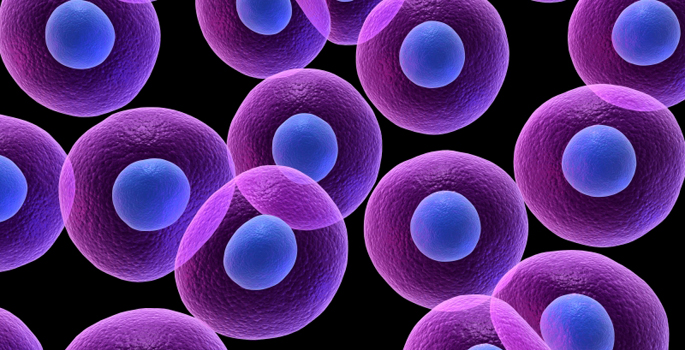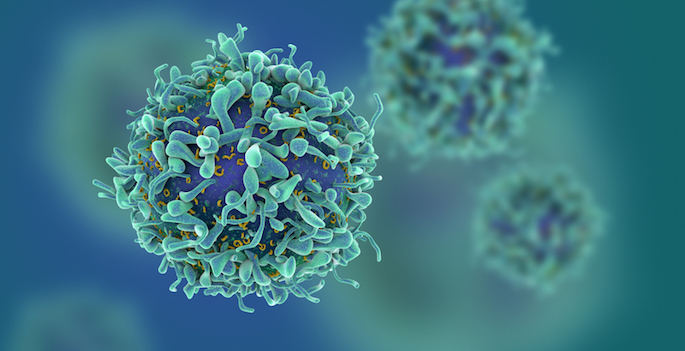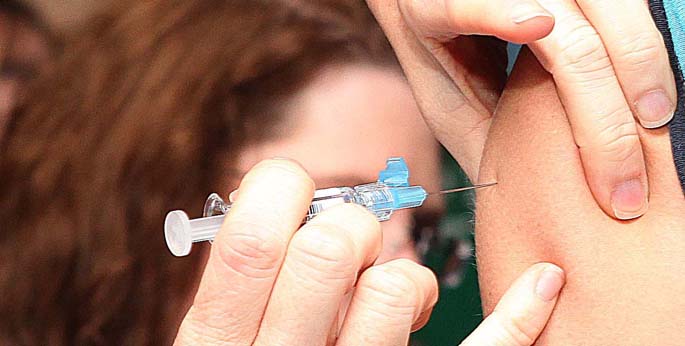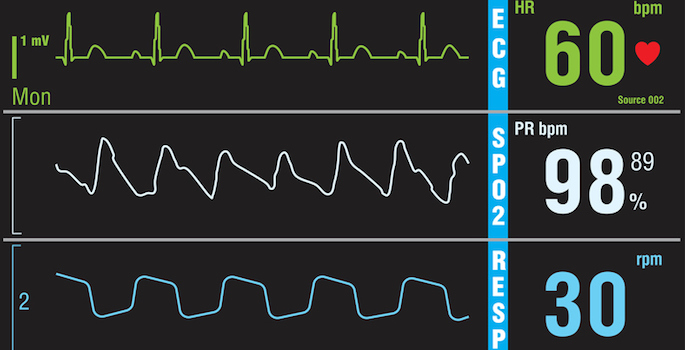Health And Medicine
-

Low health literacy associated with early death for cardiovascular patients
Patients hospitalized with a cardiovascular event are more likely to die within one year if they have low health literacy, according to new research by Lindsay Mayberry and Sunil Kripalani. Read MoreNov 8, 2018
-

Evading cell death
Susan Wente and Laura Glass have developed an experimental cell culture model system to investigate the link between stress granules and cell resistance to toxic stress, which could lead to new avenues for treating cancer treatment resistance. Read MoreNov 8, 2018
-

Vitamin C protects brain from seizures
Fiona Harrison and colleagues have found evidence that Vitamin C can help protect brains against seizures and cognitive decline in Alzheimer’s disease. Read MoreNov 8, 2018
-

Novel methods to treat glaucoma
Rebecca Sappington and colleagues have found that increasing cGMP — part of a signaling pathway that was previously found to regulate intraocular pressure — protects retinal ganglion cells affected by glaucoma. Read MoreNov 8, 2018
-

Obesity negates beneficial drug effects
Lin Zhu and Rob Stafford have found that obesity interferes with cholesterol-improving CTEP inhibitors. Read MoreNov 8, 2018
-

Team’s findings show glutamine metabolism affects T cell signaling
Jeffrey Rathmell and colleagues show that a drug that inhibits glutamine metabolism — currently in clinical trials as an anticancer agent — might also be useful as a treatment for inflammatory and autoimmune diseases. Read MoreNov 1, 2018
-

Team seeks to identify immune response to influenza
Vanderbilt researchers led by Buddy Creech are searching for the key to lasting protection against influenza by examining naturally protecting cells found in bone marrow. Read MoreNov 1, 2018
-

Mary Kay Foundation grant to bolster immunotherapy research
The grant will allow Charles Caskey to lead research into using ultrasound as an image-guided therapy for drug delivery. Read MoreOct 26, 2018
-

Grant to help explore critical issues in Down syndrome
The grant will allow Kennedy Center researchers to analyze data from VUMC's Synthetic Derivative and BioVU databanks to study biomarkers associated with Down Syndrome. Read MoreOct 26, 2018
-

Probing the pathology of impaired cognition
A new link between a support protein within the brain's white matter and known Alzheimer's biomarkers discovered by Angela Jefferson and colleagues bring researchers a step toward earlier and more precise detection of neuropathology underlying cognitive impairment that may lead to new targeted therapies Read MoreOct 26, 2018
-

Targeting diabetic kidney disease
Raymond Harris, Ming-Zhi Zhang and colleagues suggest pathways activated by the epidermal growth factor receptor may be promising targets for treating diabetic kidney disease. Read MoreOct 16, 2018
-

Asthma’s androgen connection
New findings by Dawn Newcomb and colleagues suggest an explanation for why women are more prone to asthma than men. Read MoreOct 16, 2018
-

Cellular stress defense
Research led by Sanjay Mishra, and colleagues suggests modular sHSP architecture contributes to the ability of heat-protective proteins to serve as chaperones for a range of unfolded proteins. Read MoreOct 16, 2018
-

Insulin accelerant
Reducing nitric oxide helps insulin move more quickly through blood vessels, find David Wasserman and colleagues. Read MoreOct 16, 2018
-

Novel genetic study sheds new light on risk of heart attack
Loss of a protein that regulates mitochondrial function can greatly increase the risk of a heart attack, report Eric Gamazon, Sandra Zinkel and graduate students Christie Salisbury-Ruf and Clinton Bertram in new research. Read MoreOct 11, 2018
-

Team’s study reveals hidden lives of medical biomarkers
The hidden lives of medical biomarkers are the focus of a recent study in Nature Communications by Jonathan Mosley. Read MoreOct 11, 2018
-

Fat tissue’s “iron sink”
New research by Alyssa Hasty and colleagues shows that a certain immune cell can absorb excess iron that can compromise healthy fat tissue. Read MoreOct 4, 2018
-

Stretch, inflammation and hypertension
New research by David Harrison and colleagues sheds light on how changes in mechanical forces in the aorta enhance immune cell activation thus promoting hypertension. Read MoreOct 4, 2018
-

Cytokine-cognition connection
Erin Calipari and colleagues have shown that peripheral administration of a neuroprotective cytokine may improve dopamine signaling problems associated with certain psychiatric disorders. Read MoreOct 4, 2018
-

Gordon receives $2.3 million NIH Director’s New Innovator Award
Reyna Gordon has received a NIH Director’s New Innovator Award of $2.3 million for her project, “Biomarkers of Rhythmic Communication: Integrating Foundational and Translational Approaches.” Read MoreOct 4, 2018